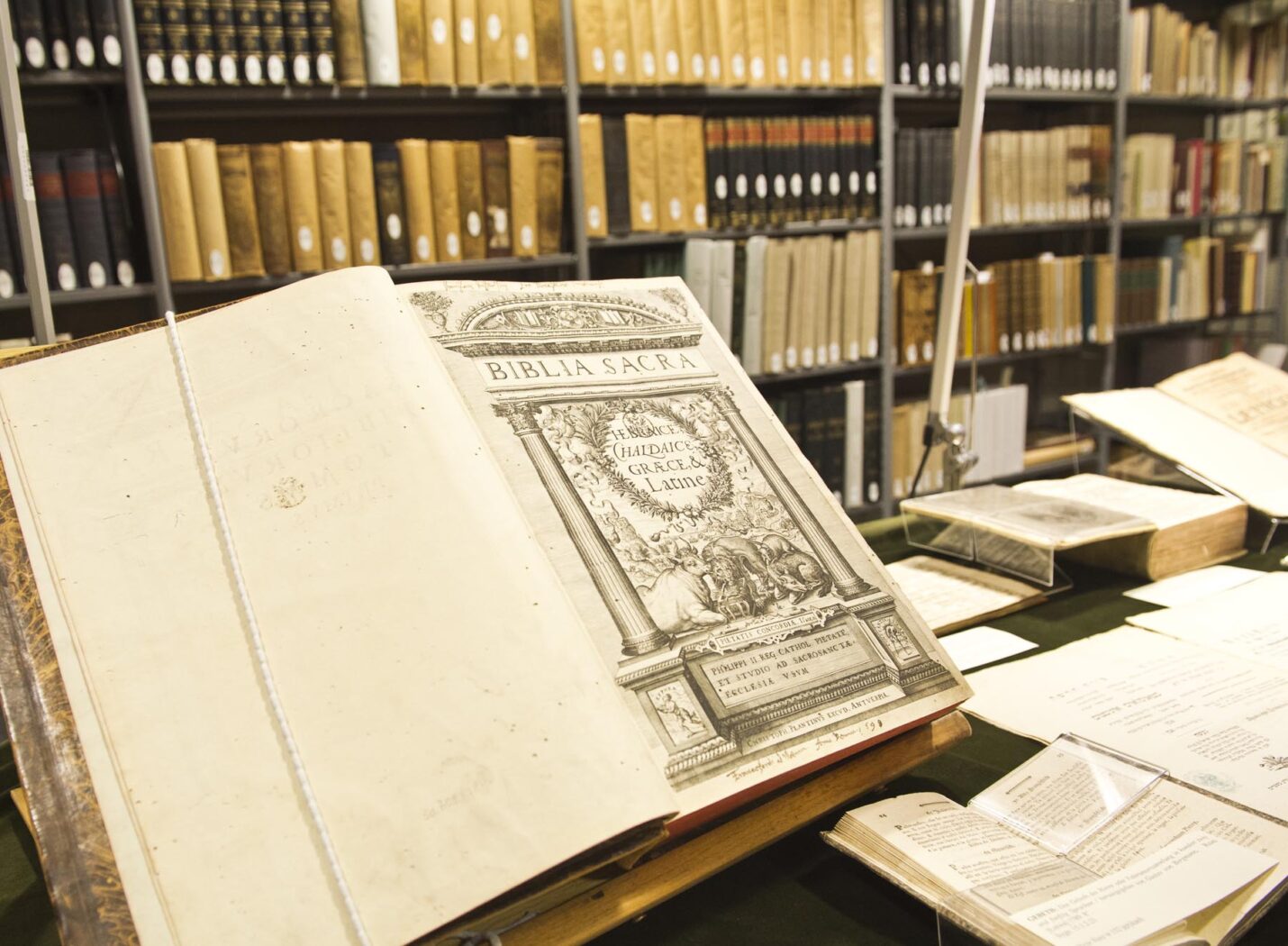
Elite Legitimation in High Medieval Poland and Norway: Comparative Studies.
Edited by Wojtek Jezierski, Hans Jacob Orning, Grzegorz Pac
Edited by Wojtek Jezierski, Hans Jacob Orning, Grzegorz Pac
Elite Legitimation in High Medieval Poland and Norway: Comparative Studies, ed. by Wojtek
Jezierski, Hans Jacob Orning, Grzegorz Pac, Comparative Perspectives on Medieval History
(Turnhout: Brepols, 2025).
Link: available soon
This volume is a comparative exploration of how elites in medieval Poland and Norway sought to legitimize their power and dominance. The book focuses on the high Middle Ages – the period between the moment when both polities entered the Latin christianitas and the sphere of European cultural influence around year 1000, and the end of the thirteenth century, when both countries coalesced as stable kingdoms. Elite legitimation is scrutinized through three main perspectives: What stories did elites tell themselves and others about their deservedness to rule, what spaces and objects did they utilize in order to project their elevated status, and how did struggle and rivalry form part of their societal dominance? A second ambition of the book is to offer novel conceptual tools and comparative frameworks for understanding the conditions shaping religopolitical behaviour of elites in the periphery. Here the volume adopts a critical stance to two major medieval research traditions. The first concerns state centricity as the all-too-dominant model of understanding political organization during this period. The second relates to Robert J. Bartlett’s thesis of Europeanization of Europe, which in our view reduces interaction between centre and periphery to a far too unilateral process of diffusion.
Table of contents
Introduction
Introduction: Comparing Elite Legitimation in Poland and Norway in the High Middle Ages
Wojtek Jezierski, Hans Jacob Orning, Grzegorz Pac
Part I: Stories of Legitimation
“Ancient Pasts and Traditions as Elite Legitimation in Poland and Norway: Peripheral Senses
of Belonging and Non-Belonging” Grzegorz Bartusik, Rafał Rutkowski, Wojtek Jezierski
“Missionary Rulers and Holy Men. Christianization as Elite Legitimization and Political
Ideology in Poland and Norway, 1000-1300” Wojtek Jezierski, Roman Michałowski
“When the Knight Won his Spurs: Elite Military Ideology in Poland and Norway, c. 965–1300”
Benjamin Allport, Paweł Żmudzki
Part II: Spaces of Legitimation
“Sacral strongholds: Nunneries as sources of legitimacy in twelfth-century Poland and
Norway” Anna Agnieszka Dryblak, Steffen Hope
“Saints and legitimization of bishoprics in Poland and Norway until c. 1200” Grzegorz Pac, Steffen Hope
“Legitimisation and consolidation of rulership in Norway and Poland c. 990–1140 as
indicated through coinage” Mika Viktoria Boros
“Coinage, the cult of saints, and the legitimization of elites in eleventh- and twelfth-century
Poland and Norway” Steffen Hope, Mateusz Bogucki, Svein Harald Gullbekk
Part III: Struggles for Legitimation
“The Contrast between the Ideology and Practice of Rulership in Medieval Poland and
Norway” Zbigniew Dalewski, Hans Jacob Orning
“Struggles for Episcopal Legitimation during the Gregorian Reform in Twelfth- and
Thirteenth-Century Norway and Poland” Jerzy Pysiak, Krzysztof Skwierczyński
“Dynastic Conflicts: Civil Wars or Constant Struggles?” Hans Jacob Orning, Marcin Rafał Pauk
“Queens and Duchesses in the High Middle Ages: The Role of Elite Women in Shaping
Dynastic Legitimation in Times of Political Change” Anna Agnieszka Dryblak, Benjamin Husvik
Afterword
Is legitimation reducible only to a ‘will to power’? State Formation and Values in the
Comparative History of the European Periphery during the High Middle Ages
Alice Taylor